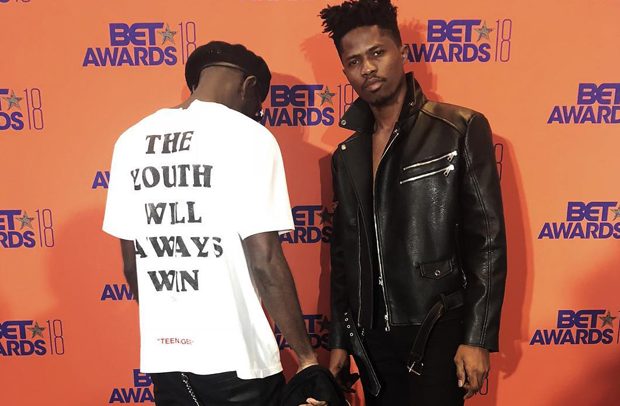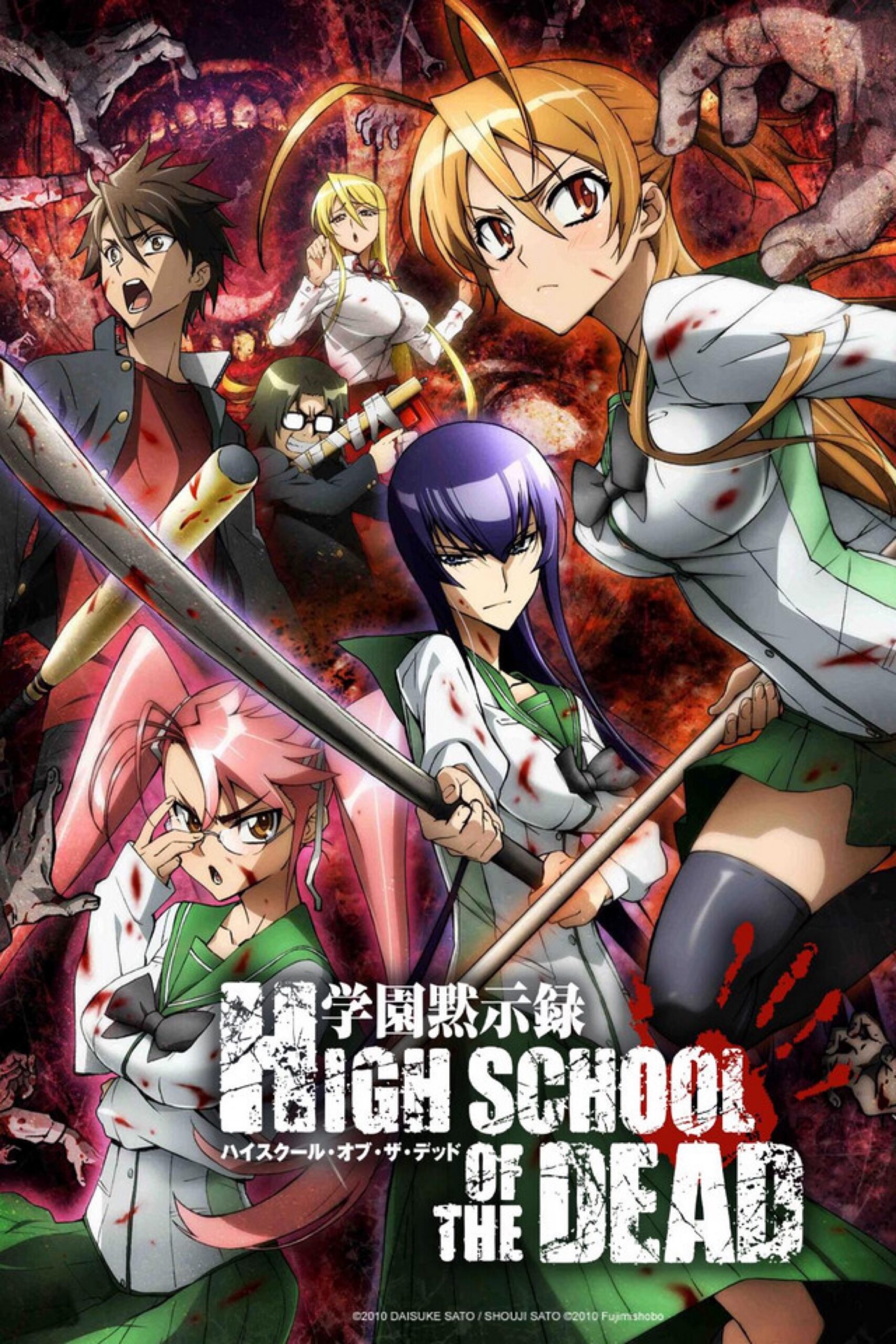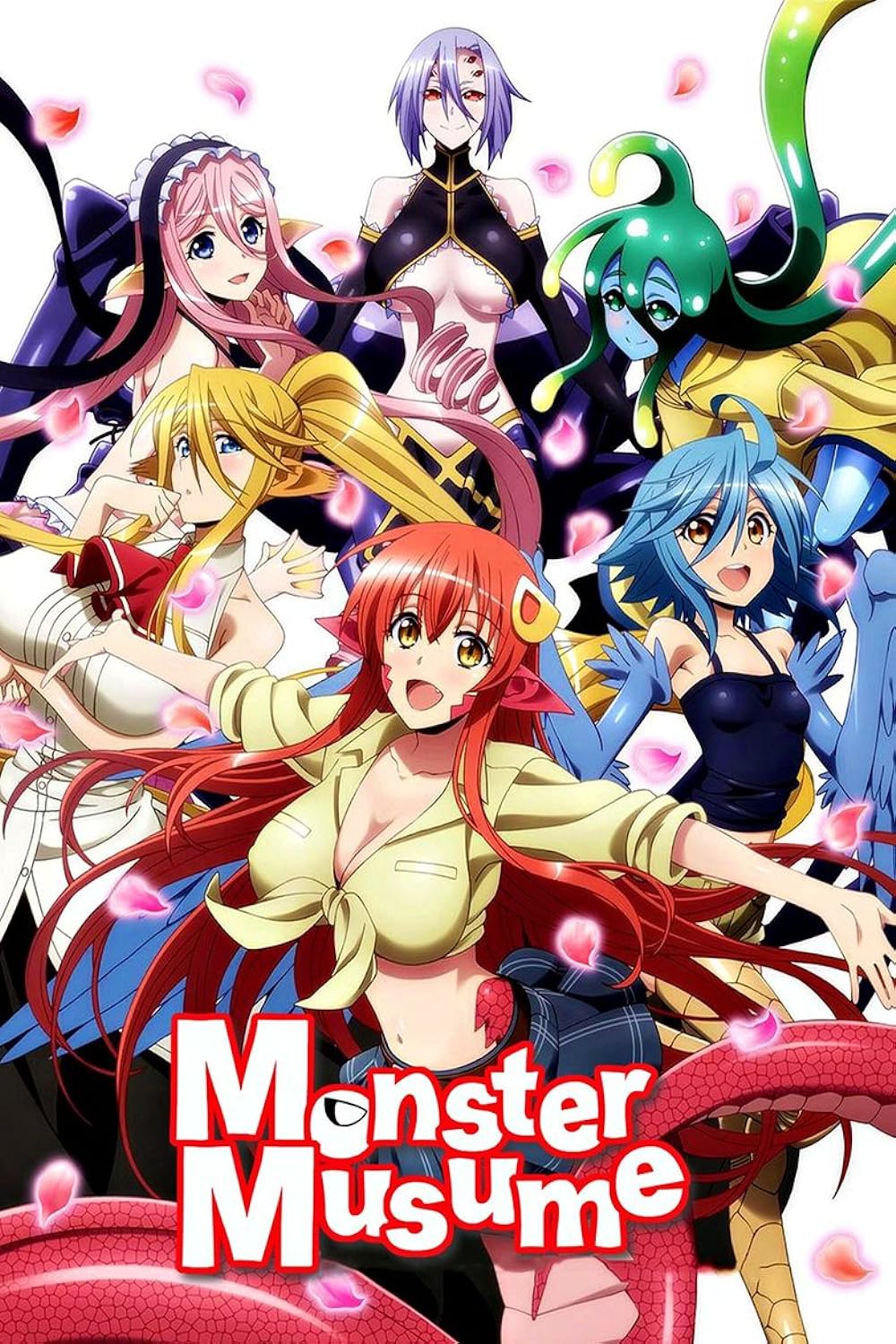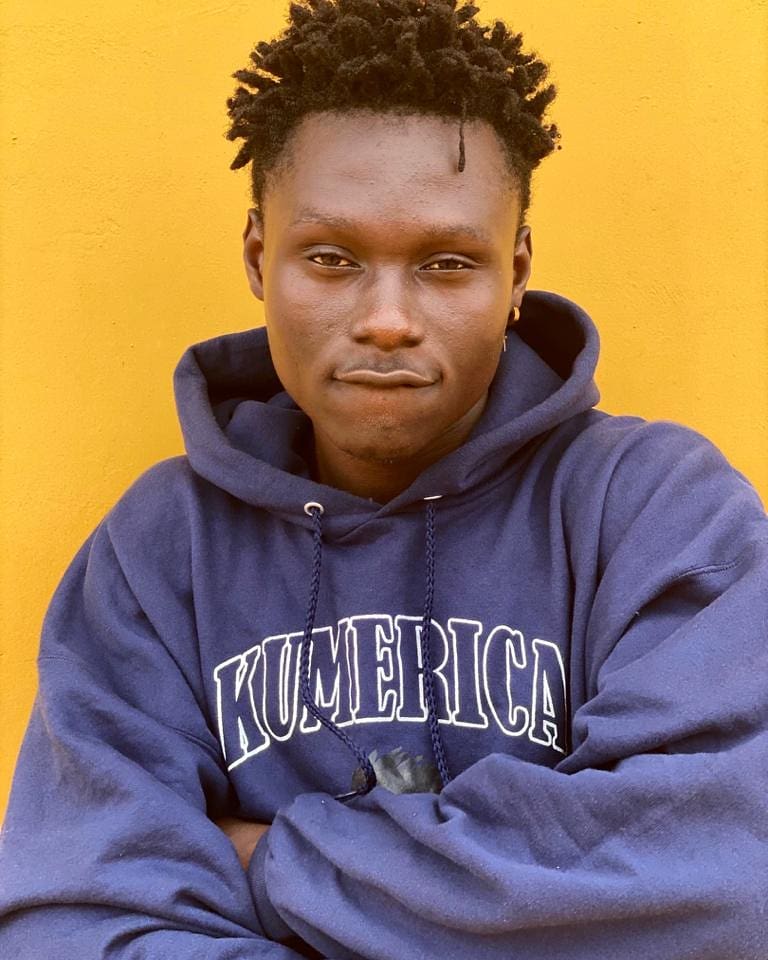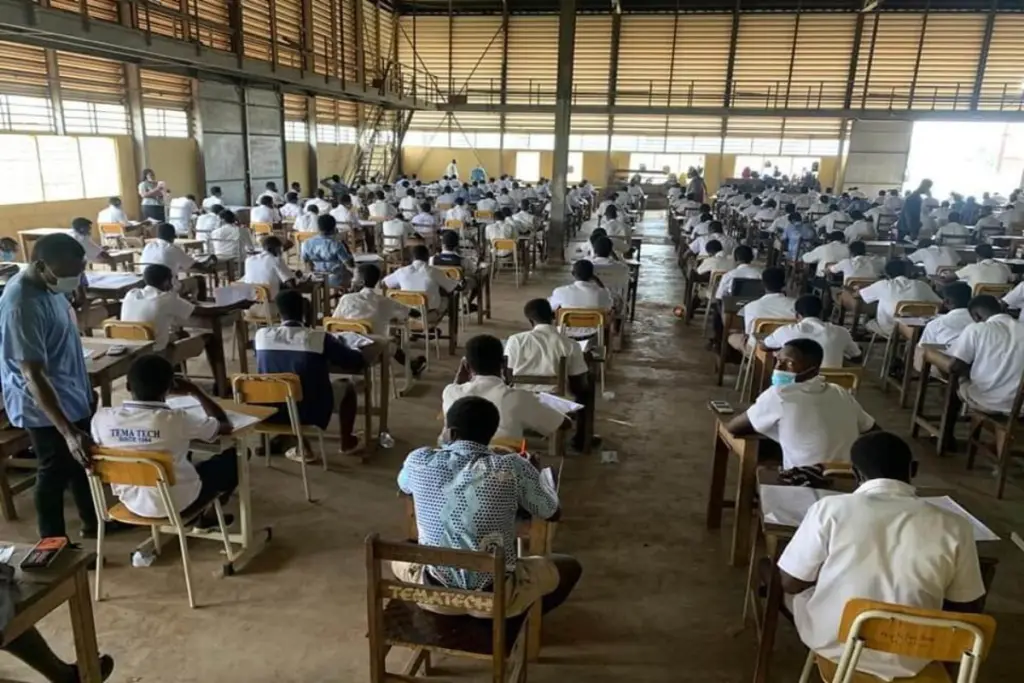Ghana hip-hop, often known as Ghana rap or Ghana hip hop, is a hip hop genre, subculture, and artistic movement that originated in Ghana in the late 1990s. Reggie Rockstone, sometimes regarded as the hiplife father, and other important performers such as Jayso and Ball J helped to establish the hip-hop genre in Ghana.
Ghana Hip-Hop History
Reggie Rockstone developed a mix of hiphop beats with African sounds to produce Hiplife, which was the first of its kind in Ghana. Hiplife differs from Western hiphop in that it incorporates local languages like as Twi, Ga, Ewe, Hausa, and broken English, dubbed “pidgin” in Ghana.
In Ghana, hip-hop was broadened by the introduction of “Kasahari,” a twi term that means “rapid speaking” and is primarily associated with performers that rhyme quickly. This was a word used to describe rappers who rapped quickly but in the local dialect known as twi. Sarkodie and Obrafour are two of Kasahari’s most well-known goods.
When it comes to Hip-Hop in Ghana, the Chale Wote Festival and the Kumerica Movement are noteworthy Hip-Hop events and movements.
Early adopters of Hip-Hop Music in Ghana
Reggie Rockstone, Kae Sun, Sway DeSafo, Samini, Okyeame Kwame, Bradez, Buk Bak, D-Black, Sarkodie, Tic Tac, Obrafour, 4×4, Kwaw Kese, Ayigbe Edem, and Lil Shaker, Bra Kevin, Asumadu N-Dex, Wanluv, Yaa Pono, Loone, Asem, and EL were some of the Asabone, Eye Mo De Anaa, and You No Get Money were some of the hiphop songs from this era.
Asakaa boys, Pappy Kojo, Joey B, La meme gang, Big Ghun, Amerado, B4bonah, Teephlow, Kojo Cue, Lil Shaker, R2bees, and Kwesi Arthur are among the “new school” of Ghanaian hip hop artists.


